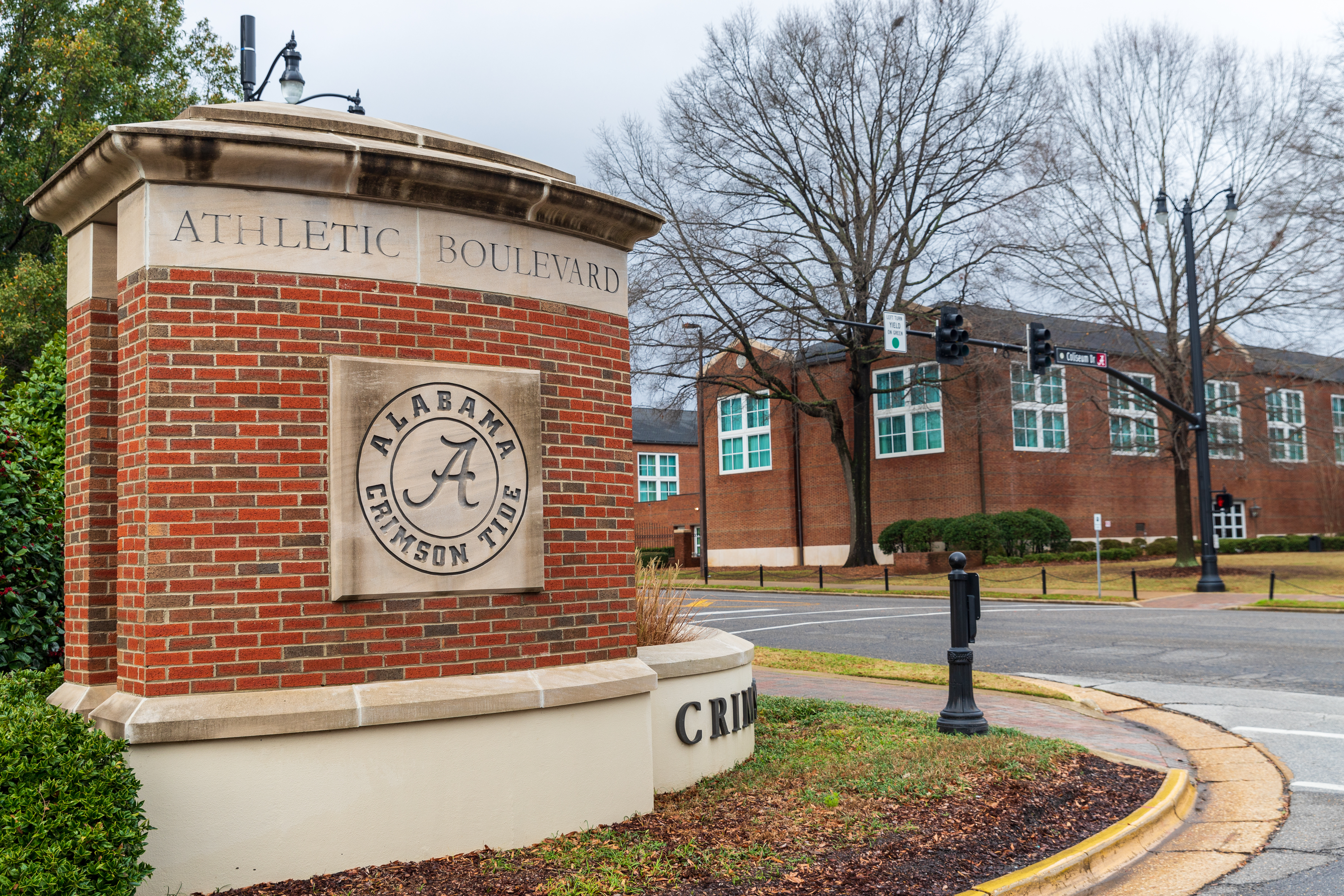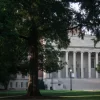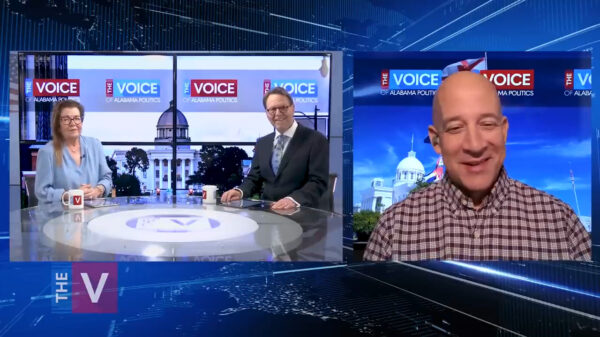Chief U.S. District Judge R. David Proctor denied the request of the plaintiffs in Simon v. Ivey for a preliminary injunction against the enforcement of the anti-DEI law SB129 on Wednesday.
He also approved Governor Kay Ivey’s motion to dismiss, removing her from the lawsuit in her capacity as governor, and concluded that two of the student plaintiffs did not have sufficient standing to sue the University of Alabama Board of Trustees.
Passed by the state Legislature and signed by Gov. Ivey in 2024, SB129 restricts the discussion of “divisive concepts” in the state’s public universities. It also effectively bans diversity, equity and inclusion programs by barring state agencies and public institutions of higher learning from sponsoring them.
Alabama professors, college students, and the Alabama State Conference of the NAACP filed the challenge at the core of Simon v. Ivey in January, calling SB129 unconstitutional on both First and Fourteenth Amendment grounds.
APR reported in July that exhibits introduced by the plaintiffs showed professors and students were immediately worried about the effects of SB129 on academic freedom at Alabama universities. One professor specifically wrote in an email to the University of Alabama provost that the law had cast a “pall of distrust, anxiety, and fear.”
“SB129 enacts viewpoint discriminatory restrictions on professors’ First Amendment right to speak and students’ First Amendment right to learn and engage in extracurricular activities and campus spaces,” the plaintiffs’ request for a preliminary injunction stated. “SB 129 also violates the Fourteenth Amendment because it is so vague that professors and students do not have sufficient notice of what is and is not prohibited in terms of both instruction and receiving state funding for extracurricular activities and spaces.”
In considering whether to issue a preliminary injunction, Judge Proctor decided that the plaintiffs were unlikely to succeed on either First Amendment or Fourteenth Amendment grounds.
“The court easily concludes that balancing weighs in favor of the interests of the Board,” he writes regarding professors’ right to free speech. “The Board clearly has an interest in regulating the type of classroom indoctrination forbidden by SB 129.”
Judge Proctor also notes that “the parties and court are well aware that the current [presidential] Administration has consistently taken the position that preferential treatment based on race violates a number of laws.”
As a result, he concludes that the “factual record … is underdeveloped” because current evidence does not show that SB129 was necessarily responsible for the closing of the Black Student Union and Safe Zone.
In a statement released on Thursday, plaintiff and University of Alabama political science professor Dana Patton called the decision “yet another step backwards for the University of Alabama system [that] fails to address the harms that Alabama students and professors have faced on account of this law.”
“SB129 created a culture of fear that has severely hindered the ability of professors to provide comprehensive instruction in our areas of expertise,” she continued. “The law infringes on our academic freedom and our duty to students to provide a truthful and comprehensive education.”
Antonio L. Ingram II, senior counsel for the NAACP’s Legal Defense Fund, wrote that the plaintiffs will continue to pursue the lawsuit despite Wednesday’s decision.
“Despite this outcome, we will continue to work to challenge SB 129 and ensure Alabama campus communities are reflective of the equal opportunity and inclusive experiences that they deserve,” he stated.


















































